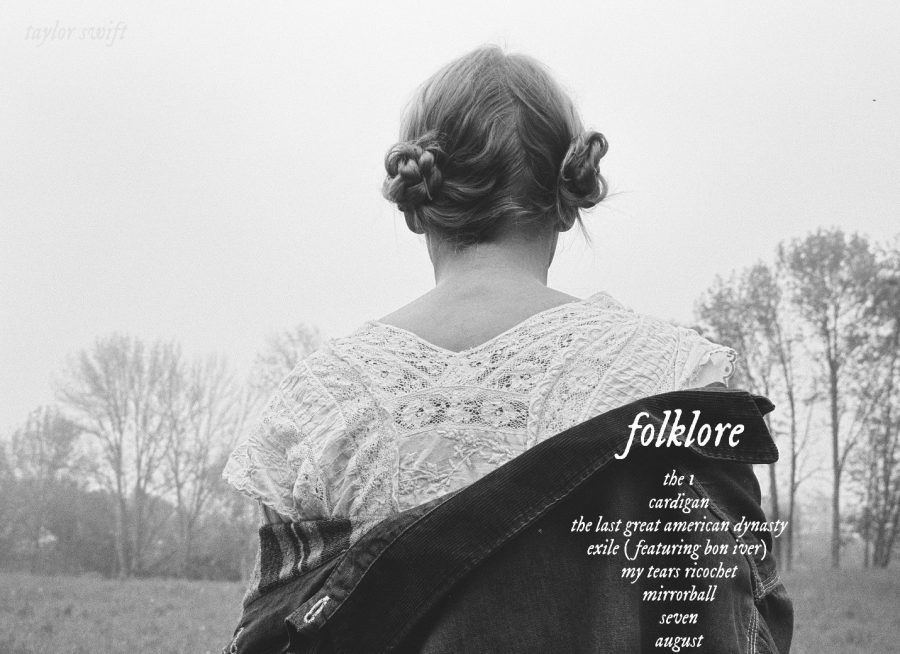Hidden history behind Swift’s ‘folklore’
Analysis of Taylor Swift’s 2020 album brings deeper meaning to the work of art
October 19, 2021
American singer-songwriter Taylor Swift has known great success throughout her years in the music industry. Swift has been awarded the Grammy for Album of the Year on three occasions, including one this year for 2020’s “folklore.”
Although she has gained a heavy reputation for what seems to be her endless collection of breakup songs, Swift has a much wider discography than the average radio listener may perceive. Her eighth studio album, “folklore,” is proof to debunk this widely held rumor.
After “folklore’s” release in July 2020, the star’s success skyrocketed, even during the pandemic. The album itself is composed of 17 tracks, from “the 1” to bonus track “the lakes.” But, the song in focus comes third on the track listing- “the last great american dynasty.”
At first listen, one may have no idea who Swift is referring to when singing about Rebekah. This is not a character in fictitious songwriting, but the telling history of Rebekah Harkness, “Holiday House” and how both women “had a marvelous time ruining everything.”
Throughout the song, Swift tells the tale of Harkness, who at one point was the owner of her Rhode Island home. In the first verse, Swift sings: “Her saltbox house on the coast / Took her mind off St. Louis.”
This refers to Holiday House itself, as well as her hometown roots that she migrated from to the life of new money, into which she was initiated by her marriage to her second husband, William “Bill” Harkness.
Swift tells it as it is, saying, “Bill was the heir to the Standard Oil name and money,” and the backlash Rebekah received from the Rhode Islandian townspeople, wondering “how did a middle-class divorcee do it?”
Bill’s status skyrocketed Rebekah into a completely new atmosphere of seemingly endless financial capability and when her husband passed, she “blew through the money on the boys and the ballet,” while hosting extravagant parties at her and her late husband’s home.
Just by the song’s chorus, it is easily assumed that Harkness’ boldness was not well-received, as Swift sings: “And they said / ‘There goes the last great American dynasty’ / ‘Who knows if she never showed up what could’ve been.’”
When Harkness passed in 1982, Holiday House sat for half a century unoccupied. Swift sings how it was “Free of women with madness, their men and bad habits / And then it was bought by me.”
This section of the song’s bridge very well may refer to some of the media perceptions of Swift as a “mad woman” (which happens to be another track on “folklore”), as she herself poses the question: “Who knows if I never showed up what could’ve been?”
The song closes with Swift’s repetition of the phrase “I had a marvelous time ruining everything,” which comes full circle with her previous lyrics saying Harkness took part in the same delight as owner of Holiday House.
Swift and Harkness both come from small hometowns and in the blink of an eye, found themselves in the spotlight. Perhaps “the last great american dynasty” can serve as a lesson to never hold back and live in your own best interest rather than that of others.
“the last great american dynasty” and the entirety of Swift’s “folklore” is available on all streaming platforms.
LIA EBERLEIN





